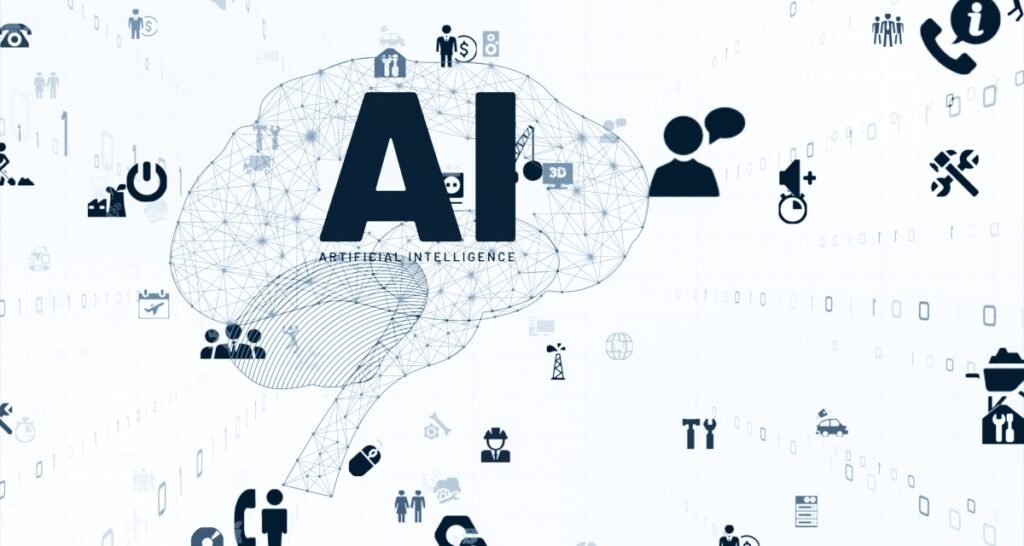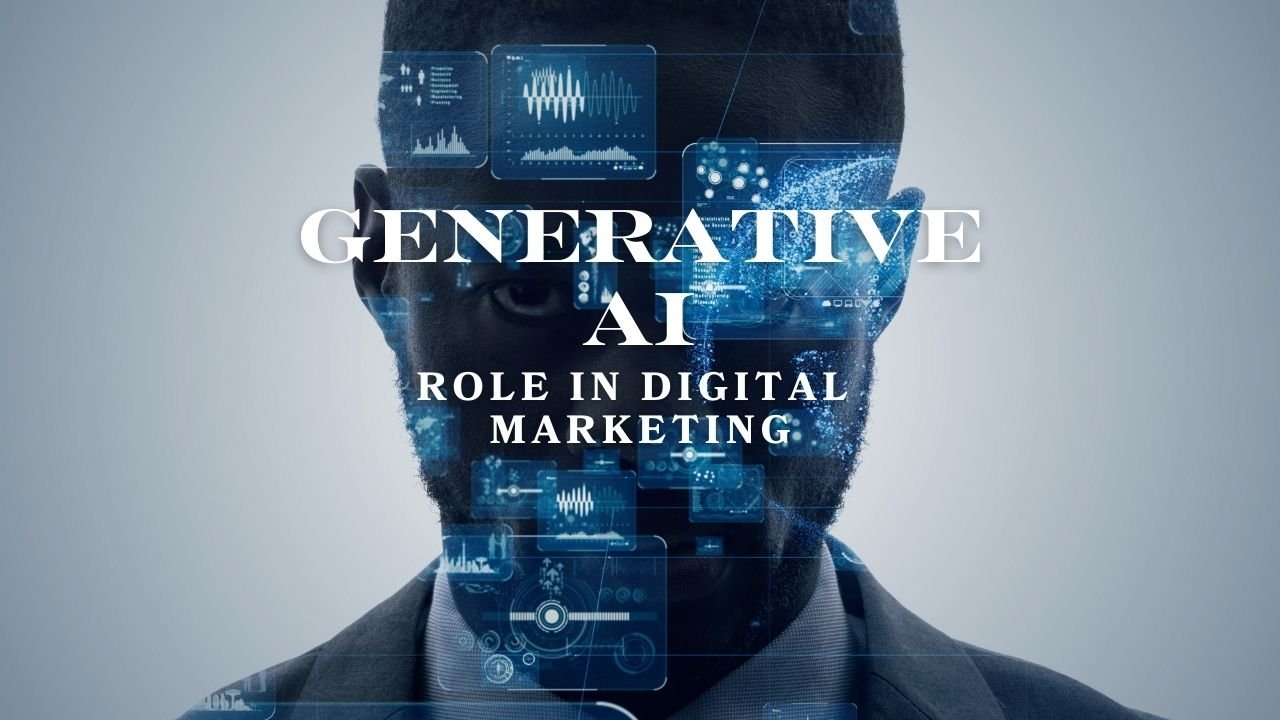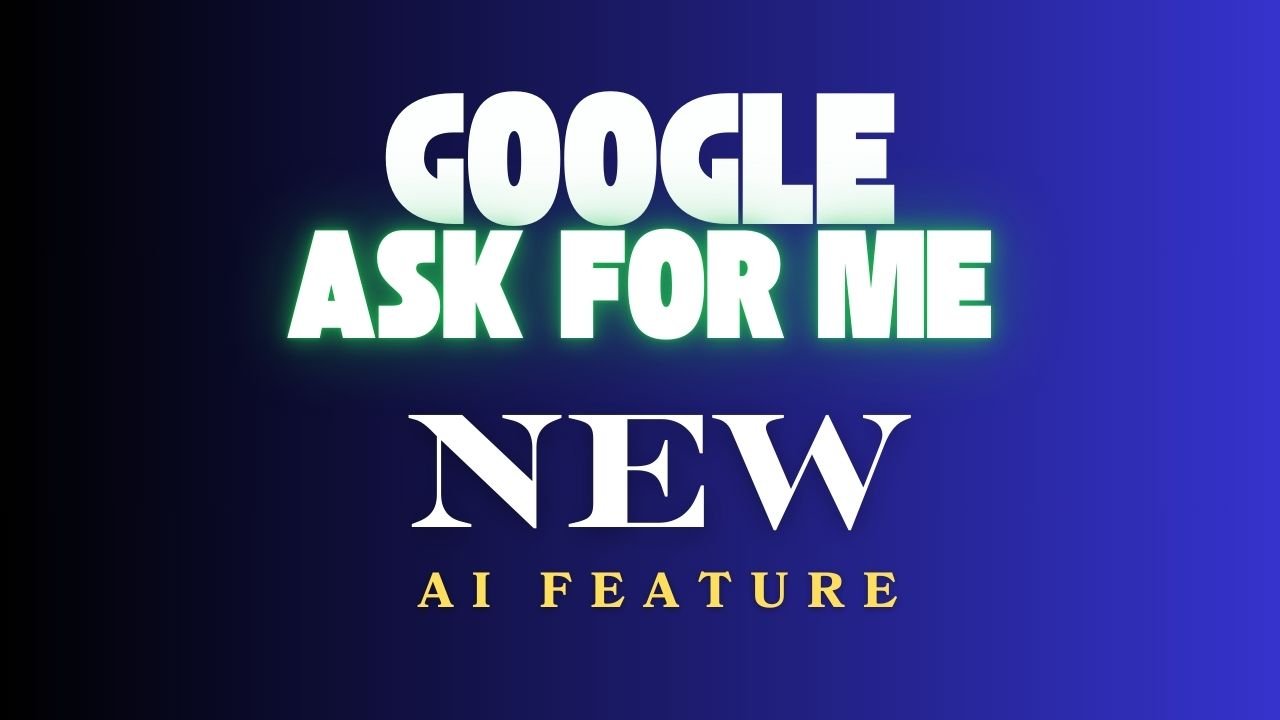Search Engine Optimization (SEO) is constantly changing because of artificial intelligence (AI) being introduced. With the advent of machine learning (ML) and natural language processing (NLP) two technologies, the evaluation, ranking, and displaying of content by search engines has been revolutionized. With these developments, they are prompting businesses to move towards more intelligent and responsive strategies in order to help their visibility be seen and be more in line with user needs. Adaptation to these changes is critical for SEO service providers if they are going to compete in the current digital-first world.
The Role of AI in Search Engine Algorithms
AI-driven search algorithms are changing the way search engines make sense of queries and answer queries. Google’s pioneering technology, including RankBrain and BERT, are a pointer to the move away from keyword-focused strategies to user-oriented content strategies. These are the tools of a new generation of search engine optimization, when the user’s knowledge and understanding are prioritized, i.e. when having a deep understanding of the context and semantics of the user’s need, is more crucial.
RankBrain: Contextual Understanding Takes Center Stage
RankBrain was Google’s first foray into AI-driven algorithms. By leveraging machine learning, it enabled search engines to analyze and interpret unfamiliar queries. This marked a significant change for SEO companies, as the focus moved from isolated keywords to high-quality, contextually relevant content. For instance, when a user searches for the “best SEO agency in Jacksonville,” RankBrain analyzes the searcher’s intent and location to serve the best possible results.
BERT: Understanding Natural Language
BERT then helped take this next step by allowing search engines to process conversational language. It decodes the correlations between words in the context of a query (e.g., what the “meanings” of “affordable SEO services in Jacksonville near me” entail). This new capability has challenged the industry to the creation of natural, conversational content that directly addresses user queries.
AI and Content Creation

Artificial intelligence (AI) is not only affecting the operation of search engines but also changing content creation and distribution. Augmented tools based on AI are becoming an absolute necessity in order to apply optimized, modernized content for modern standards of search. These are the “experiment latencies” analysis tools that explore data of the highest-ranking pages and deliver specific, take-action, recommendations, e.g., refinement of readability or proper alignment of the content with the SEO ranking factors.
AI-Powered Tools for Content Analysis
AI platforms such as ChatGPT can produce well-organized pieces of text in a short time, thereby improving the efficiency of producing content. However, while AI excels in efficiency, human expertise is crucial for maintaining originality and brand authenticity. Professional SEO service companies, e.g., Timber Wolf Advertising SEO specialists, recognize that the key is to combine the effectiveness of AI-based tools, along with human creativity to obtain a strong outcome.
Personalized Search and Local SEO
The personalization of search results that AI is able to do is changing the way companies can do local SEO. Depending on location, history of searches, and user actions, search engines produce the results based on the preferences of the people who use them. For example, when users search for a term like “SEO services in Jacksonville, Google prioritizes local businesses with strong reviews and optimized profiles.
This is where embedding Google Maps on websites becomes a powerful strategy. When companies such as Timber Wolf Advertising help customers find a business more easily, they help boost the visibility of the businesses and a better user experience will result. The provisioning of localized content, together with the use of Local SEO, helps enterprises maintain relevancy in competitive local markets.
Additionally, businesses can benefit from resources on business success to stay updated on innovative marketing trends.
Voice Search and Conversational SEO
Analogously since the advent of AI-based virtual assistants, such as Google Assistant, Siri, and Alexa, voice search has become mainstream. Voice queries are typically more verbose and conversational in nature, so SEO professionals need to reconsider how they approach their strategy. In order to rank well for voice searches, content should provide direct answers to user queries and should contain structured data. For instance, an SEO services provider in the city of Jacksonville would aim questions like “What are the top SEO strategies for small businesses?
Adaptation of voice search also means adaptation to natural language. The focus shifts from fragmented keyword phrases to full, conversational sentences. Businesses providing organic SEO approaches are succeeding by embedding these principles in their content work.
AI and User Experience
User Experience (UX) has been a key ranking item with AI having a huge role to play in the way search engines treat it. The Google Core Web Vitals framework measures parameters such as load time, interactivity, and visual stability. A site that performs well on these metrics not only higher ranking but also is regarded as satisfactory to its users. Companies that are putting resources into SEO-resilient website design are in a stronger position to comply.
AI-based analytical tools give granular information on UX performance, enabling companies to make data-driven choices. For example, SEO audits may find points of weakness where optimizations can be made to ensure compliance with leading practices in SEO. This forward-looking strategy allows companies to maintain competitiveness in a constantly changing world of digital spaces.
The Future of AI in SEO
With the constant progression of AI technology into the world of SEO, the influence it will have will increase. Visual search, predictive analytics, and AI-powered tools will play increasingly prominent roles. Visual search, thanks to the work of services such as Google Lens, enables users to search via images, creating a challenge for companies to maximize the attractiveness of their visual content through descriptive, accessible alt text and application data. Predictive analytics will assist marketers in forecasting ahead of time to allow the development of strategies that are positioned to keep ahead of the curve.
Companies such as Timber Wolf Advertising, who specialize in digital marketing SEO, are already using these advances, to provide tomorrow’s solutions. Their capacity to cope with modifications to SEO practices and adopt AI-driven solutions guarantees clients long-term sustainability.

The arrival of artificial intelligence (AI) to support SEO is changing the horizon of digital marketing. From enhancing search engine algorithms to revolutionizing content creation and local search strategies, AI offers businesses unprecedented opportunities to improve their online visibility. Search engine optimization service providers, e.g., Timber Wolf Advertising Jacksonville SEO professionals), are setting the example when it comes to adapting to these changes. Staying current with those times, trends such as voice search and using artificial intelligences to target consumers through personalization can produce long-lasting, meaningful web strategies.
If you’re looking to elevate your digital presence, consider Timber Wolf Advertising SEO services for tailored solutions that meet your needs. For further reading, see their article on SEO, or find out more about their Local SEO.
Frequently Asked Questions
AI can instruct search engines to learn and to curate the content according to the user’s need, context and relevance to the output of the search itself. Machine learning (ML) and natural language processing (NLP) applications are applied to optimize both the content assessment and its effect i.e., search results.
RankBrain has been known to actually make use of machine learning toward the purpose of user’s intent and contextual feature of the search query. Due to this evolution of the SEO paradigm, the way of using SEO techniques has also changed from black-box keyword stuffing to high-quality, user-oriented content that is directly tailored to the user’s requirements.
BERT not only processes natural language but also handles dialogic search queries by understanding the relationships between words in a query. This challenges content producers to adopt a user-oriented approach to natural language, aiming for higher rankings.
As a result of AI, personalized results are technically feasible, depending on the user’s current circumstances (i.e., location), and past user search and user configurations. Using optimization techniques for local business listings and embedding technologies such as Google Maps local businesses can operate more strategically in local search results.
AI will continue to be a colour in the SEO landscape as a result of progress in the fields of visual search, predictive analysis and automation applications. For organizations to succeed, they need to adapt these trends to be one step ahead of other organizations and produce a more effective digital footprint.







